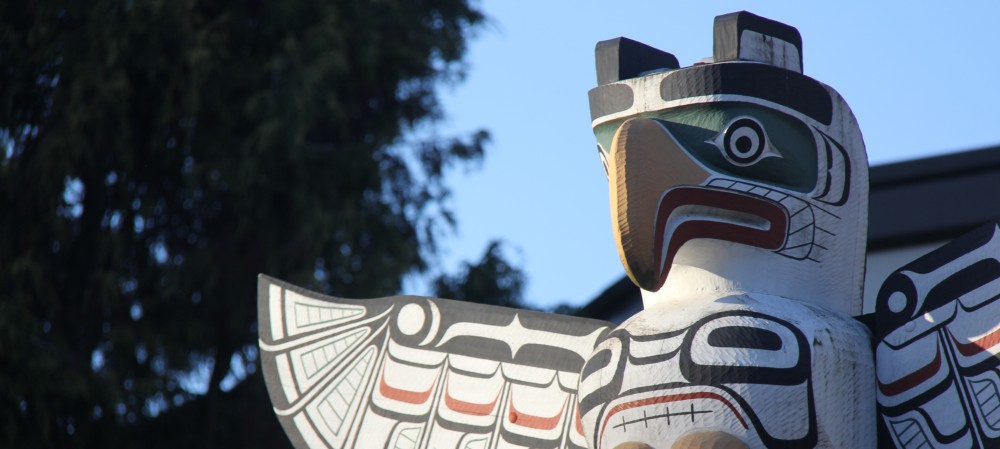The inspiration for this piece came from reading Linda Tuhiwai Smith’s Decolonizing Methodologies, in which she discusses the value of listening to a person’s story as a legitimate living archive. It made me think of my little old kokum, sitting at her kitchen table up in Fort St. John, BC, who loves nothing more than to tell stories, because that’s what she does:
My kokum, she tells stories, she gossips… on the phone, in the bingo hall, at the friendship centre, at the Metis office, or at her kitchen table. She is always talking, talkin’ about other people, talking about the old times, talking about the times she wants to live to see.
When I was younger, I always laughed about this, because she’s always talking about “that one time” or “Johnny (my mosom) remember when…” or “Mum used to…” or “When we were kids…” or “The nuns…”. I used to pass these stories off as my kokum just talkin’ to talk about something… but the more I realize it, she was doing something that is inherently Metis.
She’s telling stories, she’s talking about people and places of our past, our culture, stories of how she used to collect medicines with her dad up in Sakitawak, and which medicines were good for tea when you had a cold, about the spirits who talked to her at Lac Ste. Anne, or how the nuns were cruel to her when she spoke Cree in residential school. My kokum’s lived experiences are an integral part of my life, entwined through her stories are parts of our shared history. This is a history I can’t find written on archived pieces of paper, where my ancestor’s first name is “Scrip”, last name “Holder”. Hidden within my kokum’s stories are histories deeper than HBC trade logs and country wives; her words are our history from our community. All these stories she tells us, every time she is gossiping about something that happened, these are all things that connect her to her daughters, her daughters to their children, me to her and my mother to me. The laughing, the gossiping, the story telling at my kokum’s kitchen table while we drink cheap black coffee… that’s decolonization.

 Follow
Follow
love this. thank you for sharing 🙂